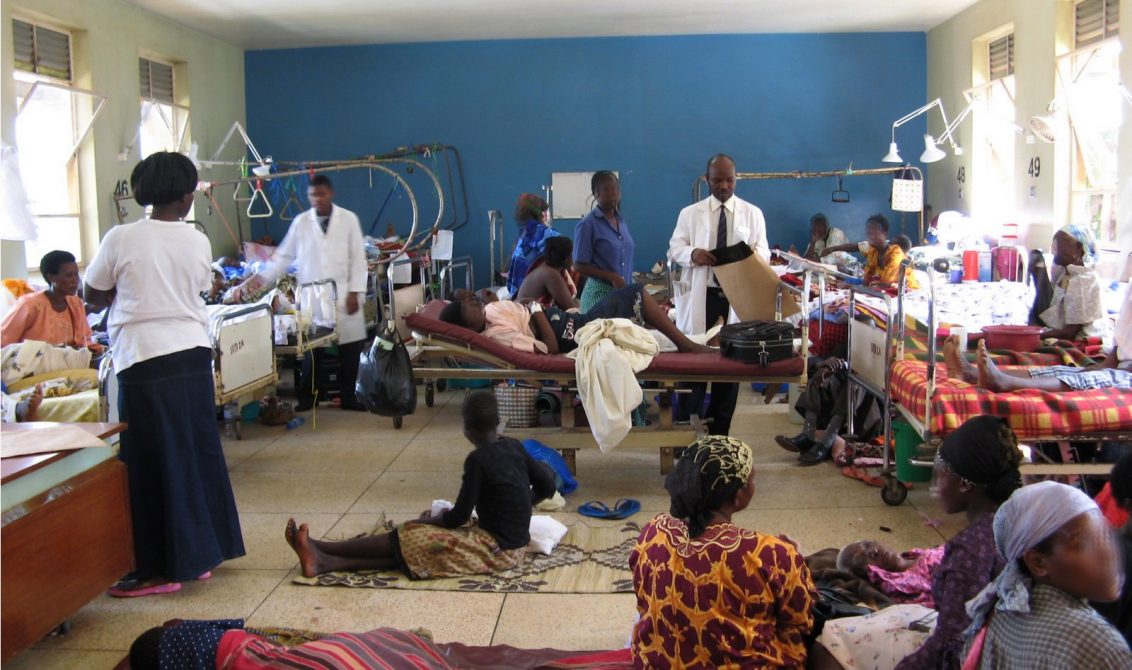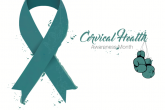

February is Black History Month in the United States and Canada; a time set aside to remember and celebrate important people, events, and achievements in African-American history. It is also an opportunity to raise awareness on issues that impact the well-being and development of African-Americans. It is a fact that for many diseases affecting Americans, the outcome for black people is worse than for other races.
Everyone regardless of race is prone to disease and will respond to the right treatment. However low socioeconomic status, poor access to good healthcare, racial bias within the health system and limited knowledge of diseases and preventive measures result in higher rates of complications and death among black Americans.

What does this have to do with the health of Africans?
The circumstances that result in bad health outcomes for the minority black population in America exist in most of Sub-Saharan Africa. In Africa’s case, they are not just limited to a minority community but the entire sub-continent!
- Low socioeconomic status
- Poor access to good healthcare
- Bias within the health system – money talks!
- Limited knowledge of diseases and preventive measures
Most diseases and conditions are more damaging to Africans for these reasons. Fortunately, many are preventable. They include:
- Infectious diseases such as HIV/AIDS, malaria, maternal sepsis, measles, diarrheal illnesses, tetanus, tuberculosis, and, typhoid
- Non-communicable diseases such as stroke, diabetes, high blood pressure, and, heart disease
- Cancer of the liver, prostate, cervix, breast, and, colon
- Sickle Cell Anemia
Prevention is the key to good health
Nothing is 100% certain, but on a continent where the health system seems to work against instead of for you, prevention is the key to good health.
Preventing infections
Good personal hygiene, regular hand washing, and, making sure you have clean water for drinking and food preparation will prevent typhoid and diarrheal illnesses. Safe sex and clean childbirth practices help to avoid maternal and newborn deaths, HIV/AIDS and other sexually transmitted infections. Vaccination plays a vital role in ensuring that childhood diseases, liver cancer, and, cervical cancer do not claim more lives.
Malaria, a significant cause of illness and death in Sub-Saharan Africa is also responsible for massive economic loss and poor learning in children. Use of Insecticide-treated bed nets, eliminating outside sources of stagnant water and preventive treatment of malaria in pregnancy reduces its impact.

Preventing Non-communicable diseases
Eating healthy unprocessed food that’s low in salt and sugar, daily exercise, maintaining a healthy weight and avoiding the vices of excessive alcohol use and smoking will prevent diabetes, high blood pressure, stroke, heart disease and certain cancers.
Adopting a healthy lifestyle in economically challenging times is not as complicated as it seems. Doing so improves your fitness and mood, making it easier to deal with financial and other stresses arising from poor economic conditions.
Preventing Sickle Cell Anemia
25% of West Africans carry the Sickle Cell gene. It is vital that you know your genotype (sickle cell status) and that of your children – AA, AS or SS. You can then make an informed decision regarding the person with whom you have children. The genotype is a simple, fairly inexpensive blood test.

